
"Sukima-baito" is a way of working that allows you to earn money by doing simple jobs in your spare time. There are benefits to working part-time, such as no resume or interview required, the work is relatively easy, and you get paid on the day you work, so it's a way of working that any university student might consider at least once, such as taking advantage of the time between classes and student club activities.
On the other hand, because they are so easy to use, many people may be concerned about whether they can work in a safe environment. In fact, there have been many cases of trouble related to Sukima-baito in the world. In order to understand the existence of Sukima-baito that may result in unfair treatment from employers or illegal, shady work, Waseda University students visited Waseda Legal Clinic and spoke with lawyers Yasuhiro Konishi and Ayako Miyano. Let's consider how students should be aware of part-time work, taking into account examples of trouble.
How to protect yourself from Sukima-baito that can lead to trouble? Interview with Waseda Legal Clinic
The visitors are these students! What do you think about Sukima-baito?
Daiki Sato, 1st year student, School of Law
Moeri Matsudaira, 3rd year School of Social Sciences
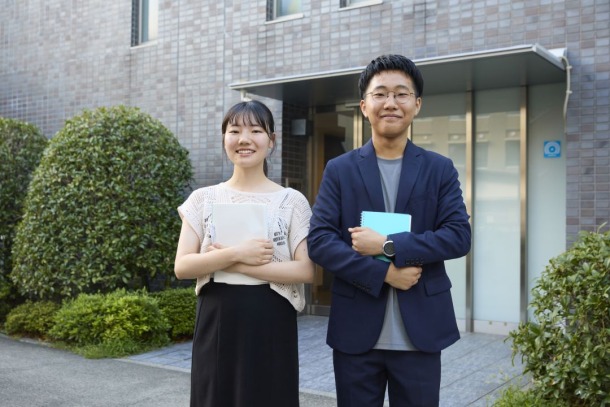
(From left) Matsudaira and Sato at the entrance to Waseda Legal Clinic
Sato:
I have friends who have started Sukima-baito, and I feel that they are becoming more familiar to us university students. I have heard a lot about the benefits of Sukima-baito from my friends, so I am thinking of giving it a try myself, but I have some concerns, such as whether the salary will be paid properly according to the conditions at the time of recruitment even if it is a one-off part-time job, and whether I will get involved in a crime if I apply without thinking, because it is actually a shady job.
Matsudaira
Sukima-baito is popular among students because they do not require a resume or an interview, and you can easily apply with just a smartphone. As a university student, I also find it very attractive to be able to work part-time between classes and student club. However, I also think that this convenience, compared to traditional part-time jobs, could potentially create danger.
We spoke to two of our lawyers!
Waseda Legal Clinic
Yasuhiro Konishi, Attorney at Law
After graduating from the Faculty of Economics at Keio University, he worked as a company employee before completing the Waseda University Waseda Law School. He joined Waseda Legal Clinic in 2023 and will serve as an academic advisor at the Waseda University Waseda Law School from 2024.
Attorney Ayako Miyano
Graduated from School of Law of Waseda University and completed Waseda Law School at Waseda University. After working at Kitasenju Public Law Office, a public law firm specializing in criminal cases, she joined Waseda Legal Clinic in 2024.
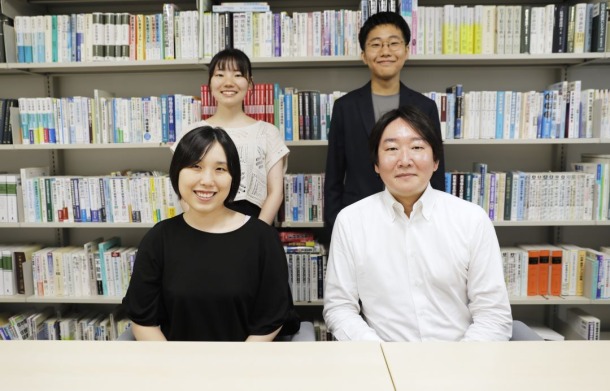
(Front row, from left) Attorney Miyano and Attorney Konishi
-- Sukima-baito have many benefits, such as being able to work at times that suit you, but I've heard that there are also a lot of problems. What do you think are the causes?
 Konishi: One possible cause of trouble is discrepancies in working conditions. Under the Labor Standards Act, even Sukima-baito workers must be given a "Notice of Working Conditions." This is a document in which the employer clearly explains working conditions such as salary and job content to the employee. However, there seem to be a certain number of cases in which Sukima-baito workers are not given a notice of working conditions, which could lead to the work content being different from what was confirmed beforehand, or to discrepancies in working conditions such as working hours and salary.
Konishi: One possible cause of trouble is discrepancies in working conditions. Under the Labor Standards Act, even Sukima-baito workers must be given a "Notice of Working Conditions." This is a document in which the employer clearly explains working conditions such as salary and job content to the employee. However, there seem to be a certain number of cases in which Sukima-baito workers are not given a notice of working conditions, which could lead to the work content being different from what was confirmed beforehand, or to discrepancies in working conditions such as working hours and salary.
In addition, companies do not have to apply for social insurance for Sukima-baito workers. For this reason, they may be seen as a convenient labor force and may be treated less considerately than other workers.
--I've heard of the following three cases of trouble with Sukima-baito. How should you avoid getting caught up in them? Also, what should you do if you do get caught up in them?
<Case 1>
I worked because the contract allowed me to get paid on the same day, but I'm not getting paid for a long time.
I don't know how to get them to pay.
Konishi: It seems that wages for Sukima-baito are sometimes paid directly to workers by the hiring company, and sometimes paid in advance by the service management company that mediates Sukima-baito. If wages are not paid, in the former case you will have to make a claim to the hiring company, and in the latter case to either the hiring company or the management company. If wages are still not paid, you can consult the Labor Standards Inspection Office, or hire a lawyer to demand payment of unpaid wages by "registered mail" (※), or file a lawsuit in summary court. However, wages for Sukima-baito are often not that large, so the cost of hiring a lawyer will be high and it is often not a realistic solution.
It seems that relatively large Sukima-baito services pay wages on the same day by paying in advance. Therefore, it may be that large services are less likely to have unpaid wages.
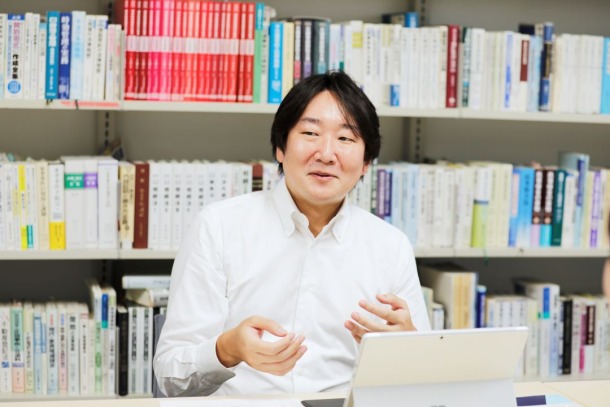
(※) A postal service in which the post office certifies "to whom" and "what kind of notice" was sent "when." A certified letter itself has no legal effect, but if it is a certified letter from a lawyer, it may lead to legal proceedings such as a lawsuit, so employers cannot ignore it and it is useful for ensuring unpaid wages.
<Case 2>
The job description was different from what was actually done, and I was made to do odd jobs around the store, such as cleaning the toilets.
Maybe because it was just a one-day job, I think my employer took advantage of me.
Konishi: By checking the Notice of Working Conditions in advance and eliminating any misunderstandings about working conditions, you can avoid these kinds of problems. However, as I mentioned earlier, it seems that compared to regular part-time jobs, there are many cases where the Notice of Working Conditions is not sent in advance for Sukima-baito. First, you need to check whether the Notice of Working Conditions exists, and if it has not been issued, you need to ask your employer to issue it.
In addition, in Sukima-baito, the description of the work in the employment conditions notice may be vague, or the job description may be made more attractive than it actually is in order to attract applicants. The difficult thing about Sukima-baito without interviews is that you can't know the atmosphere until you go to the site. You should contact the hiring company before working on the day, or consider canceling your application if you feel even the slightest bit uneasy.
<Case 3>
The job was posted on social media and company information was not clearly disclosed, but I did it because I was offered a large salary for the simple task of carrying specified packages. I later found out that there was a high possibility that this was illegal.
I'm so worried that I might be found guilty for something I did.
Miyano: This is a case where someone got caught up in a so-called "Shady job." Shady job is job where people are recruited with the promise of high pay in a short amount of time, and are then made to commit illegal acts such as fraud or theft, such as receiving or depositing money in special fraud. In this case, since it is possible that the person has already committed an illegal act, it would be best to consult the police or a lawyer immediately. In recent years, there has been a strong trend towards harsher penalties for special fraud, and in the vast majority of cases, first-time offenders are not given suspended sentences. If the person consults with the police and finds that the act is illegal, there is a possibility that the person will be charged with some kind of crime. Therefore, it is important to stop before you become involved in illegal activities.
To avoid the risk of getting caught up in Shady job, be wary of applications for jobs that promise high pay or are posted through social media. Even if you do get in touch with someone, do not easily send personal information such as photos of your ID or bank account to people you meet on social media. If you realize that you are doing something illegal and try to quit Shady job, you may be threatened with harm to your family because they know your ID address and other information. Even if you are not committing any illegal acts, the account information you provided may be used for crimes and frozen.
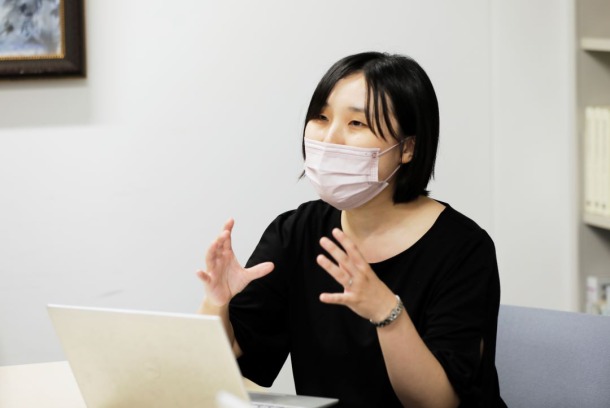
Konishi: I think the current generation of young people have had smartphones since they were old enough to understand things, and are familiar with social media. Therefore, they have no qualms about applying for part-time work via social media. However, there is no doubt that such digital spaces make it easier to do bad things than real places. I hope people will be careful not to apply for shady job thinking that they will be fine.
--If Waseda University students have concerns or worries about Sukima-baito, what kind of support does Waseda Legal Clinic provide?
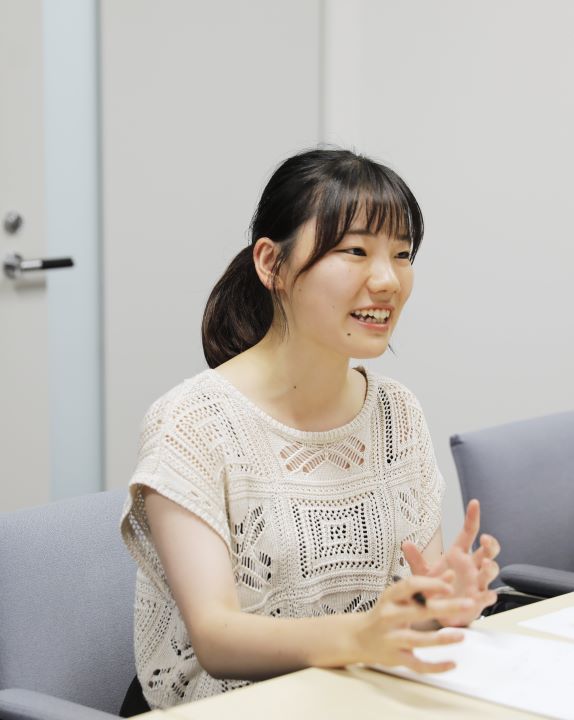 Konishi: Waseda University students have always come to us for advice about troubles with part-time jobs. There are a variety of cases, including unpaid wages, power harassment, and not being allowed to quit. Of course, the extent of support we can provide varies depending on the case, but we hope they will come and consult us before they try to deal with the problem alone and give in.
Konishi: Waseda University students have always come to us for advice about troubles with part-time jobs. There are a variety of cases, including unpaid wages, power harassment, and not being allowed to quit. Of course, the extent of support we can provide varies depending on the case, but we hope they will come and consult us before they try to deal with the problem alone and give in.
Miyano: Waseda Legal Clinic is a law firm attached to Waseda University, so I think the psychological hurdle for students is lower than contacting an off-campus law firm with which they have no connection. In addition, about once every two months, we lawyers visit the Waseda University Health Support Center to provide legal consultations. If you have any problems, please feel free to come and visit us.
--Finally, please give a message to Waseda students about how they should be aware of Sukima-baito.
Konishi: Sukima-baito seems like a flexible way of working that has many benefits, but it is a new system and there are still many unclear points about whether workers' rights are being protected. Please be careful when applying.
Miyano: I think some people take part-time jobs in the hope of getting opportunities that they cannot experience on campus. However, if you make money your top priority, you run the risk of getting involved in trouble such as shady job. It is important to be aware of the danger that "jobs that you can earn money easily" may be illegal, and to use Sukima-baito.
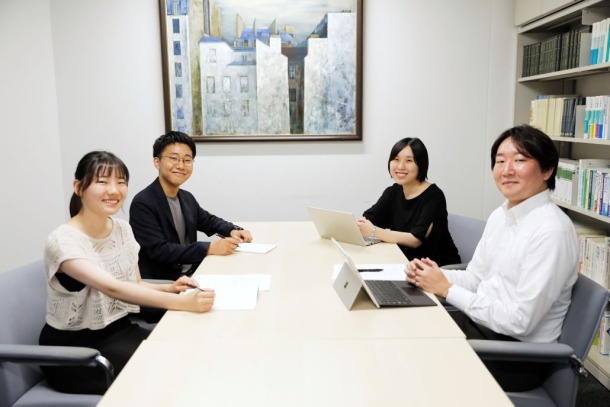 Interview and text: Yohei Nakazato
Interview and text: Yohei Nakazato
Photo: Shiori Bansho
How did you feel after completing the interview?
Sato:
First of all, it is very important to be aware of the importance of protecting yourself, and I was reminded that if I feel even the slightest bit of something is "wrong," I need to have the courage to stop. I had vague fears about Sukima-baito, but this interview taught me the correct way to deal with it, so I would like to make use of it within my limits and take on many challenges that I can only do during my university years.
Matsudaira
There may be a limit to the risk management that students can do for Sukima-baito, but I think it is important to "know" the actual situation, such as by sharing the information I learned from the lawyers with my friends. I also want to make sure to thoroughly check the notice of working conditions when I start working. If you find yourself getting into trouble, it is important to immediately consult an institution that offers legal advice, such as Waseda Legal Clinic, before it is too late.
Waseda Legal Clinic
This law firm was established with the aim of becoming the legal equivalent of a "university hospital." While operating as a law firm that provides high-quality legal services, it also plays the role of an educational institution that provides educational opportunities for students with the aim of educating them in clinical law. Many of its lawyers are involved in legal education at Waseda University.
〒169-0051 東京都新宿区西早稲田1丁目1番7号 早稲田キャンパス 28号館 4階
TEL:03-5272-8156
Webサイト:https://www.waseda-legalclinic.com/
[Next Focus Preview] "Diversity Event" to be released on Monday, October 14th

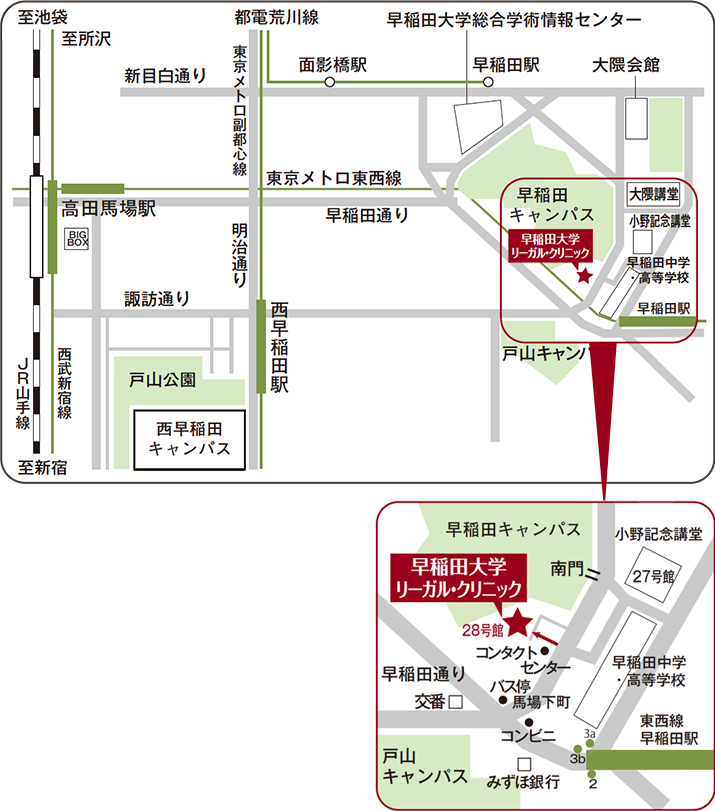
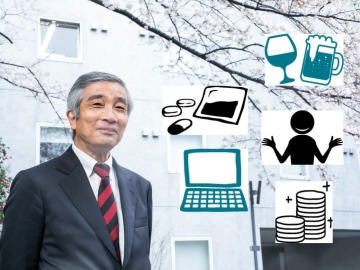
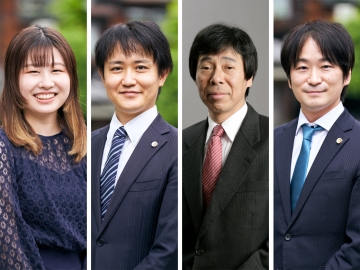
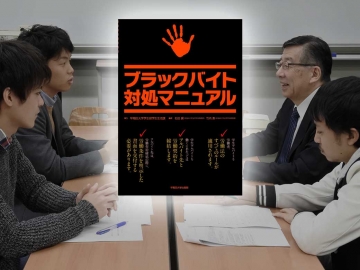
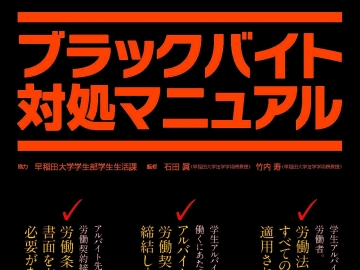

![[Save version] Map of the four main campuses](https://www.waseda.jp/inst/weekly/assets/uploads/2025/09/17cb2975123fc5103172ef60bd98608d-610x458.jpg)

